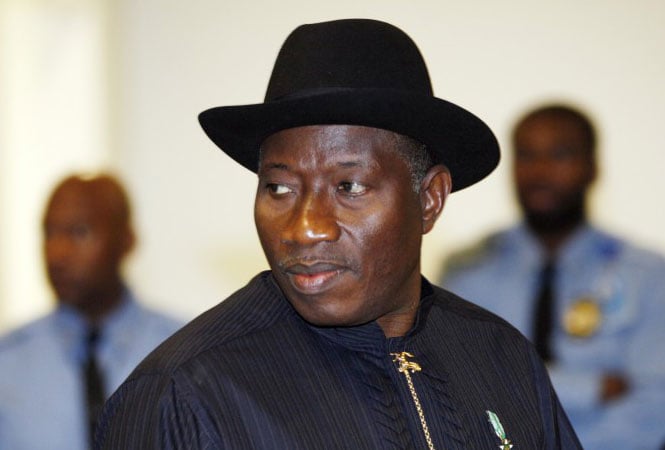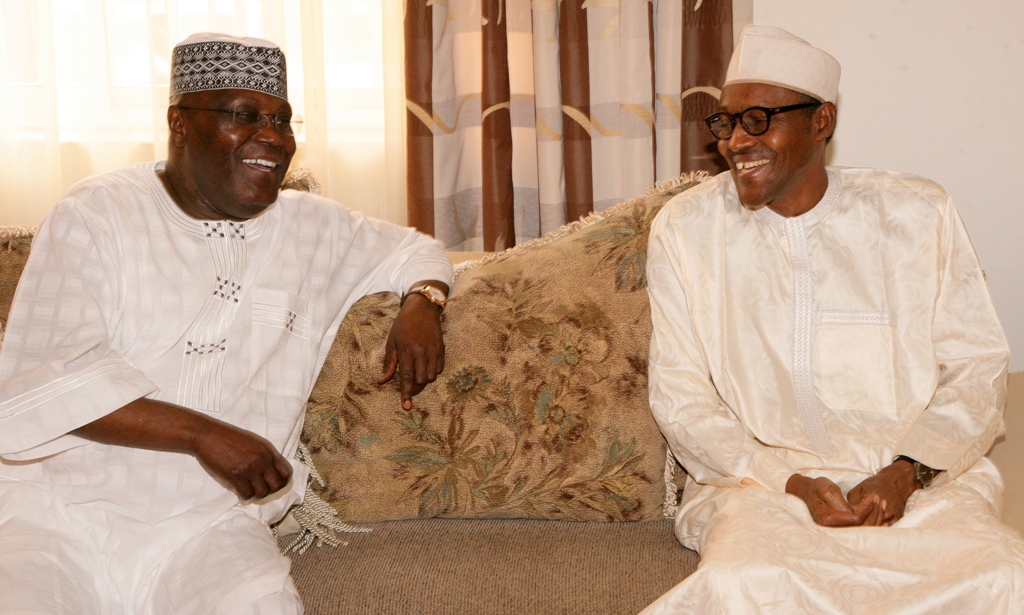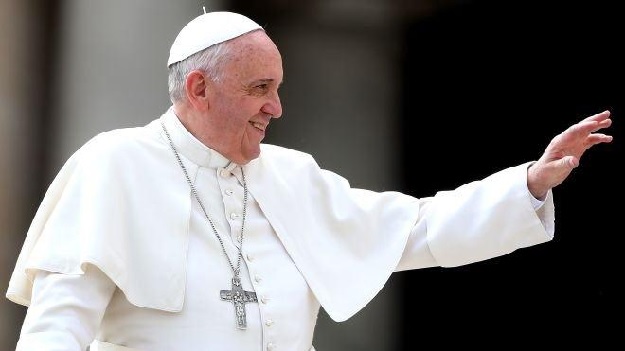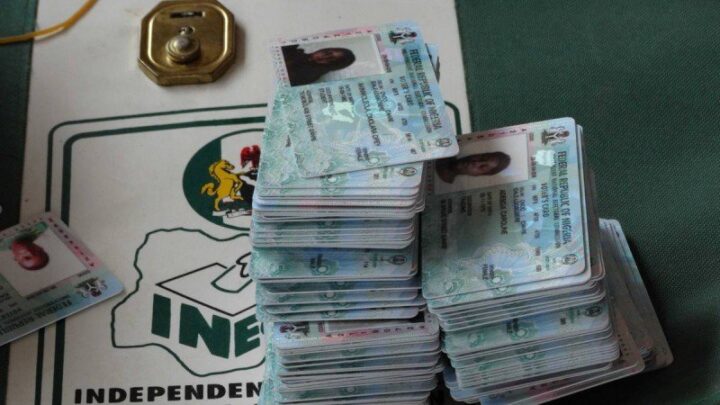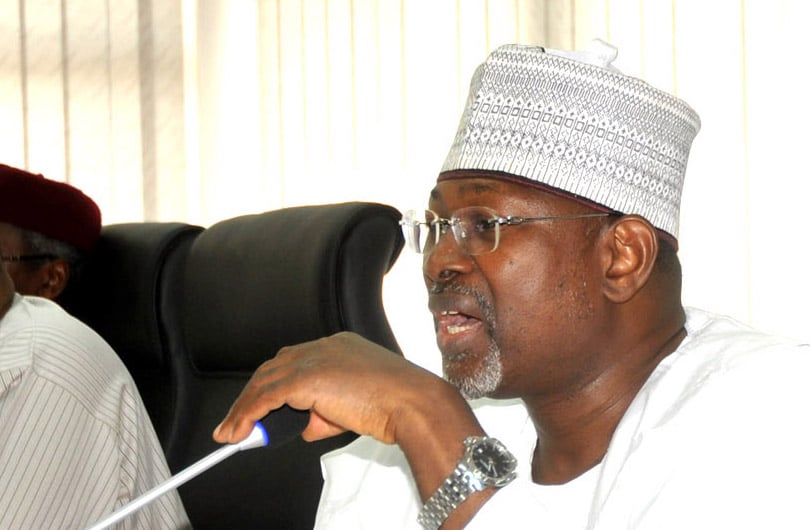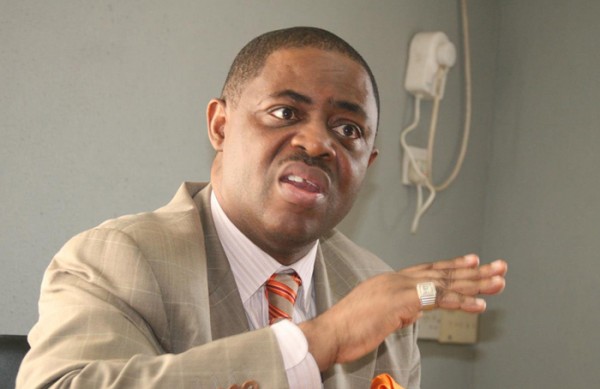The nation’s falling foreign reserves is not the fault of President Goodluck Jonathan, the Society for One Nigeria, an Abuja-based group, said on Tuesday.
The group, which rose in defence of Jonathan over the accusation of Olusegun Obasanjo, former president, that the present government had depleted the foreign reserves by $25 billion, argued that the ex-president’s administration was just lucky, as it did not experience a plummeting of oil price leading to its ability to increase the foreign reserves to about $43.17 billion in 2007.
It said instead of constant criticisms, the Jonathan administration should be commended for keeping the foreign reserves at $34.4 billion against the backdrop of falling oil price, oil bunkering and sabotage of oil facilities.
The group also argued that the fall in the nation’s foreign reserves and the depreciation of the naira were both related to exogenous global factors, which are not under the control of anyone.
Advertisement
The group reasoned that while Obasanjo boasted that he left $43.17billion in the reserves, he failed to mention that his ability to do so was simply due to rising oil prices during his tenure.
“As of May 1999 when Obasanjo became president, oil price was $14.74 per barrel. By May 2007 when he left office, oil price was $68.75 per barrel, representing an increase of more than 350 percent,” it said in a statement issued by Abubakar Danladi, its spokesman.
“This increase in oil prices enabled the Obasanjo administration to increase our foreign reserves to about $43.17 billion in 2007. In contrast, President Jonathan assumed office in May 2011 when oil prices were $117.18 with foreign reserves at $32.1 billion.
Advertisement
“Since mid-2014, global oil prices have been falling precipitously from a peak of $116 per barrel in January 2014 to about $58 per barrel in January 2015. Despite this significant fall in global prices coupled with rising incidence of oil bunkering and sabotage of oil facilities, the country has managed to maintain $34.4 billion in foreign reserves, a level that is higher than the $32.1 billion which President Jonathan met when he assumed office.”
The organisation further argued that Nigeria was undergoing significant pressures from spillovers resulting from three factors that no single country has control over.
It listed the factors as end of quantitative easing by the United States Federal Reserve, which implied that the monthly injection of about $85 billion into the global economy suddenly ended; the sustained fall in oil prices from a peak of $116 per barrel in January 2014 to about $58 per barrel in January 2015; and subsisting sanctions against Russia for its alleged role in the ongoing crisis in Ukraine.
It argued that given Nigeria’s interconnectedness with the global economy and its dependence on crude oil proceeds, the economy had been affected like other economies.
Advertisement
The civil society group listed some emerging market countries that had experienced a drop in their foreign reserves as a result of the drop in global oil price to include Chile, Czech Republic, Egypt, Ghana, Hungary, Kenya, Malaysia, Morocco and Russia.
It added that while some countries like Russia had depleted their reserves by nearly $75 billion in 2014, Nigeria lost only $9.2 billion in reserves from the reduction in the price of crude oil.
It concluded that although the average depreciation in exchange rate for the countries under consideration was about 11 percent, Nigeria’s exchange rate depreciated by eight percent.
Advertisement

